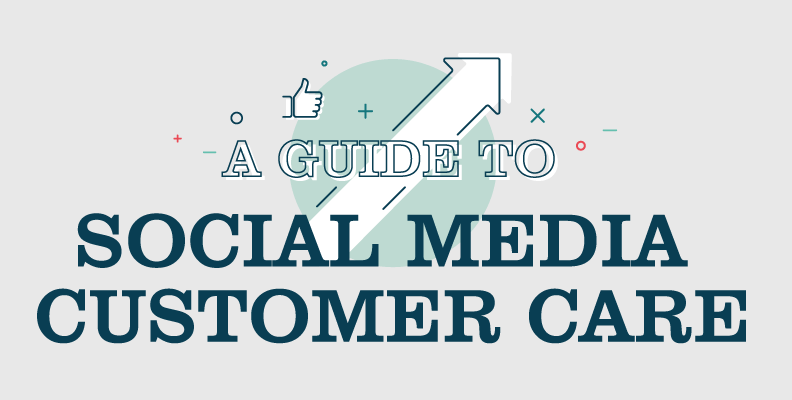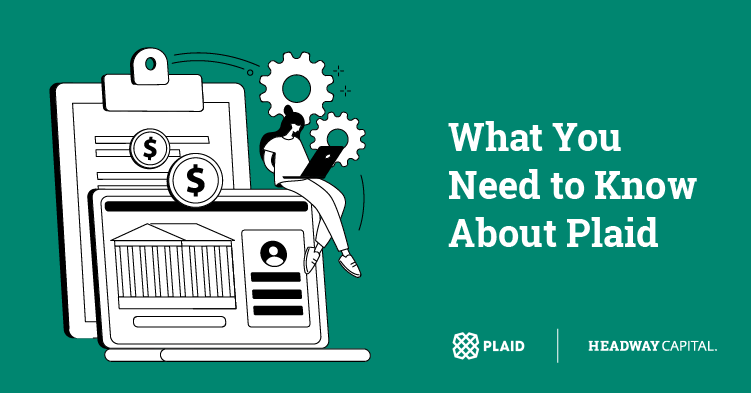What Small Business Owners Need to Know About Unemployment
If your small business operates on razor-thin margins, the smallest budget fluctuations can put a struggling company in the red. Sometimes, making the hard decision to lay off an employee has unexpected consequences beyond the emotional and financial tolls.
When you look at the bigger picture, high unemployment in your state and across the nation can impact the way people spend money, plan or think about the future. But how do unemployment rates or unemployment taxes affect your company? We’ll take a look at unemployment insurance, employer taxes and how they can affect your bottom line with this unemployment Q&A guide for small business owners.
How Does Unemployment Insurance Work?
Unemployment insurance is a form of temporary financial aid designed to help workers pay for basic necessities as they look for employment. Most nonprofit small businesses are required to comply with federal and state unemployment insurance laws, and pay the associated taxes. Normally, unemployment insurance is issued at the state level, but the federal government also has an unemployment reserve that can be used in cases such as state funding shortages and disaster- or crisis-relief purposes.
Workers are typically eligible for unemployment insurance if:
- They’ve lost their job by no fault of their own.
- They’re actively seeking work and able to work.
- They’ve earned a certain amount of money in a period before becoming unemployed.
Each state has specific guidelines for the above factors, and individuals may need to satisfy additional conditions in order to qualify for unemployment insurance.
How Does the Unemployment Rate Affect My Business?
Generally, when unemployment is high and the economy is in poor shape, people have less money to spend. They also may prefer to save leftover money from their budgets rather than use it for things like entertainment, eating out or other non-necessities. This can affect your business in a number of ways, such as low sales, higher unemployment tax rates and cash flow shortages.
On the other hand, when unemployment is low the economy is healthy, people generally feel more comfortable spending money, so the consumer confidence index improves. Positive economic growth makes people more willing to take on financial risks, such as buying a home or car. Small business owners may be more willing and able to secure business funding to help expand and grow their businesses.
How Do Small Business Owners Pay for Unemployment Insurance?
Small business owners pay unemployment taxes that contribute to general unemployment insurance reserve funds. While you’re technically not paying the workers who’ve successfully filed for unemployment against your business directly, the number of previous employees who have successfully filed for it can affect your unemployment tax rate.
The percentage of unemployment insurance that you pay for state compliance is a combination of several factors, like your state’s specific unemployment tax rate, your business’s unemployment claim rate and other data. In just a handful of states, employees contribute their own unemployment taxes to the state fund. Generally, your state unemployment report and taxes are due on a quarterly basis, but you should double-check specific state requirements to ensure full compliance. On a federal level, most small businesses should comply with the Federal Unemployment Tax Act (FUTA) and filing regulations.
What Happens to My Tax Rate If I Lay Off an Employee?
Several factors can affect or raise your unemployment insurance tax rate if you lay off one or more employees. While it’s virtually impossible to provide an exact number, you can use a combination of data to gauge whether your rate is likely to increase following an employee layoff, such as:
- Your experience rating, or past history with unemployment insurance claims and whether or not it was ruled in the employee’s favor.
- Your taxable payroll amount.
- The amount of time or money that your employees have received unemployment insurance.
- The amount you’ve paid towards unemployment insurance.
For more information, read this guide on how layoffs affect unemployment insurance tax.
How Do I Know When A Former Employee Files for Unemployment?
When a previous employee files for unemployment, you’ll receive written a notice from your state’s review board. This document provides details of the claim, the employee’s data and wage information. This gives you an opportunity to ensure that the claim details are accurate and the employee is fully eligible for unemployment insurance. You also have chance to provide additional details for the claim.
What If I Don’t Agree With an Unemployment Claim?
You can contest an unemployment claim if you have a legal basis to do so, such as if the employee provided incorrect information, they’re not eligible to receive unemployment insurance and/or you have documentation to prove your stance.
In order to appeal or contest an unemployment claim, you may need to gather supporting documents/evidence to send to the review board, and/or participate in a claim hearing. Since the process varies by state, make sure to clarify the proper procedure with your state’s unemployment review board if you wish to contest an appeal. You can find more information about your state’s specific appeal process on the unemployment claim document.
How Can I Save Money On Unemployment Taxes?
There’s no way to get around the laws and tax requirements associated with operating your small business, but you may be able to offset your federal tax responsibility if you pay your state unemployment tax on time. In fact, the FUTA tax rate can be reduced by as much as 5.4% on the first $7,000 of a worker’s wages, or just $42 per employee.
If you see fraudulent or inaccurate unemployment insurance claims, it’s a good idea to contest these in order to prevent them from increasing your unemployment tax rate.
The information in this article is provided for educational and informational purposes only, without any express or implied warranty of any kind, including warranties of accuracy, completeness or fitness for any particular purpose. The information in this article is not intended to be and does not constitute financial, legal or any other advice. The information in this article is general in nature and is not specific to you the user or anyone else.






